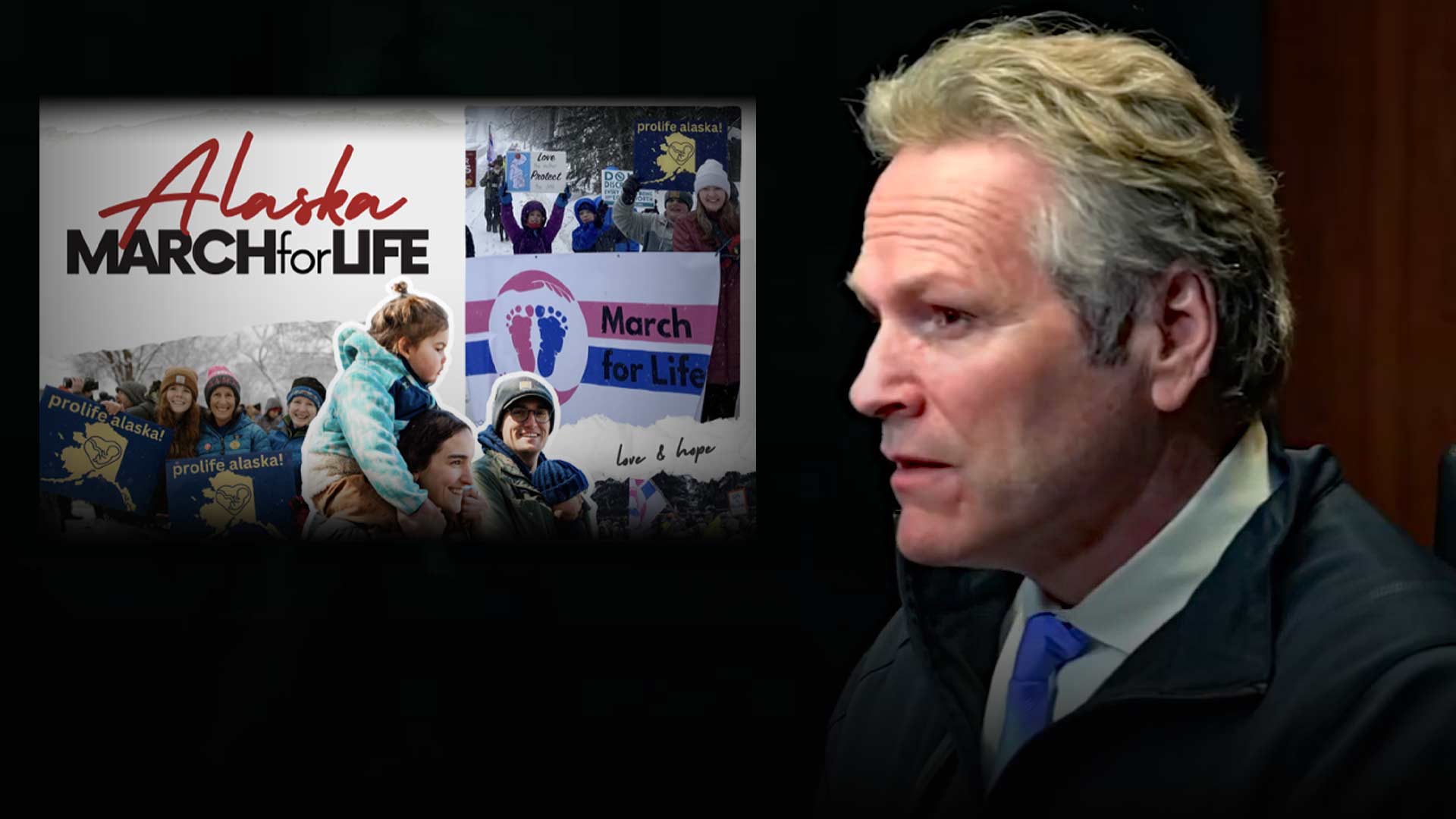
“Dunleavy’s attack on unions is an attack on all Alaskans,” or so read the Sept. 29 headline of an Anchorage Daily News commentary piece by union leader Jake Metcalfe, the executive director of the Alaska State Employees Association.
The column was in response to Gov. Mike Dunleavy’s administrative order, based upon the legal opinion of Attorney General Kevin Clarkson, which mandated a change in how Alaska collects union dues and fees from public employees.
The union’s ire is misplaced. Their real problem is with the U.S. Supreme Court decision in Janus. V. AFSCME, which was issued in June 2018 – well before Dunleavy became governor.
Some changes were made to the union contracts during Gov. Bill Walker’s administration, but, based on the attorney general’s recent opinion, more are required.
The state is therefore responsible for ensuring that its employees are protected. Because of this, the state has to take responsibility for the consent and the process to obtain it.
Janus is a First Amendment, not a labor, law case. Labor unions are very active in promoting issues with which many disagree, whether union members or not. The U.S. Supreme Court ruled that to require an employee to contribute financially to causes he or she does not agree with as a condition of state employment is a violation of the free speech clause of the First Amendment. To ensure that an employee has agreed to such payments and waived his or her First Amendment rights requires freely given consent. The First Amendment applies only to governments, not the private sector. The state is therefore responsible for ensuring that its employees are protected. Because of this, the state has to take responsibility for the consent and the process to obtain it. There have been reports, that, left to their own devices, unions have created very short windows for employees to opt out, requiring complicated procedures and forms.
The plaintiff in Janus is not a union member and paid an “agency fee” to compensate the union for its representation. The usual rule is that judges decide the case before them and do not expand the decision beyond the facts. So, Janus did not presumably rule on payroll deductions for union members. That means unions hope that a subsequent case, “Janus the Sequel,” will preserve the status quo for union members. Alaska’s attorney general disagrees. I think he has the better argument on this one, but last week an Anchorage judge temporarily blocked the state from changing its collection process until the courts have ruled on the issue. Given the strong language in the Janus opinion, however, and its emphasis on the basic nature of the free speech clause, it is difficult to believe that the U.S. Supreme Court would make any meaningful distinction between union members and non-members. Janus is an example of the ongoing reform of the federal judiciary. As a result, basic principles of the Constitution such as the First Amendment will not easily be set aside because of the howls from union leaders.
Unions now have to convince employees of the benefits of membership and avoid actions that alienate significant numbers of potential members such as embracing radical causes.
Gov. Dunleavy’s order provides that the administration will work with the affected unions “to discuss any additions or modifications the unions believe are compelled by the Janus decision or by Alaska law that are not otherwise in conflict with the First Amendment or the Janus decision,” and to address any remaining issues.
In the meantime, unions should eliminate advocating for many controversial political issues. Matters associated with collective bargaining and economics are germane to the mission of the unions, but many other issues are not. The Supreme Court noted, “Unions can also speak out in collective bargaining on controversial subjects such as climate change, the Confederacy, sexual orientation and gender identity, evolution, and minority religions. These are sensitive political topics, and they are undoubtedly matters of profound value and concern to the public.” First Amendment issues aside, unions have rushed, like lemmings over a cliff, to endorse such causes unrelated to any legitimate union issue, knowing it alienates a significant portion of their actual and potential members.
Union membership in the private sector has steadily lost ground for decades, falling to little more than 6% of the work force. Public sector unions now count for more than half of national union membership. A few years ago, Wisconsin reformed how it collects union dues. The state employee unions suffered significant membership and financial losses when employees chose not to have dues deducted from their paychecks. When mandatory dues are eliminated, the game changes. Unions now have to convince employees of the benefits of membership and avoid actions that alienate significant numbers of potential members such as embracing radical causes. Now that the playing field has changed, the union approach must change from coercive to persuasive.
The writer is a retired attorney who practiced law in Anchorage for 46 years.






